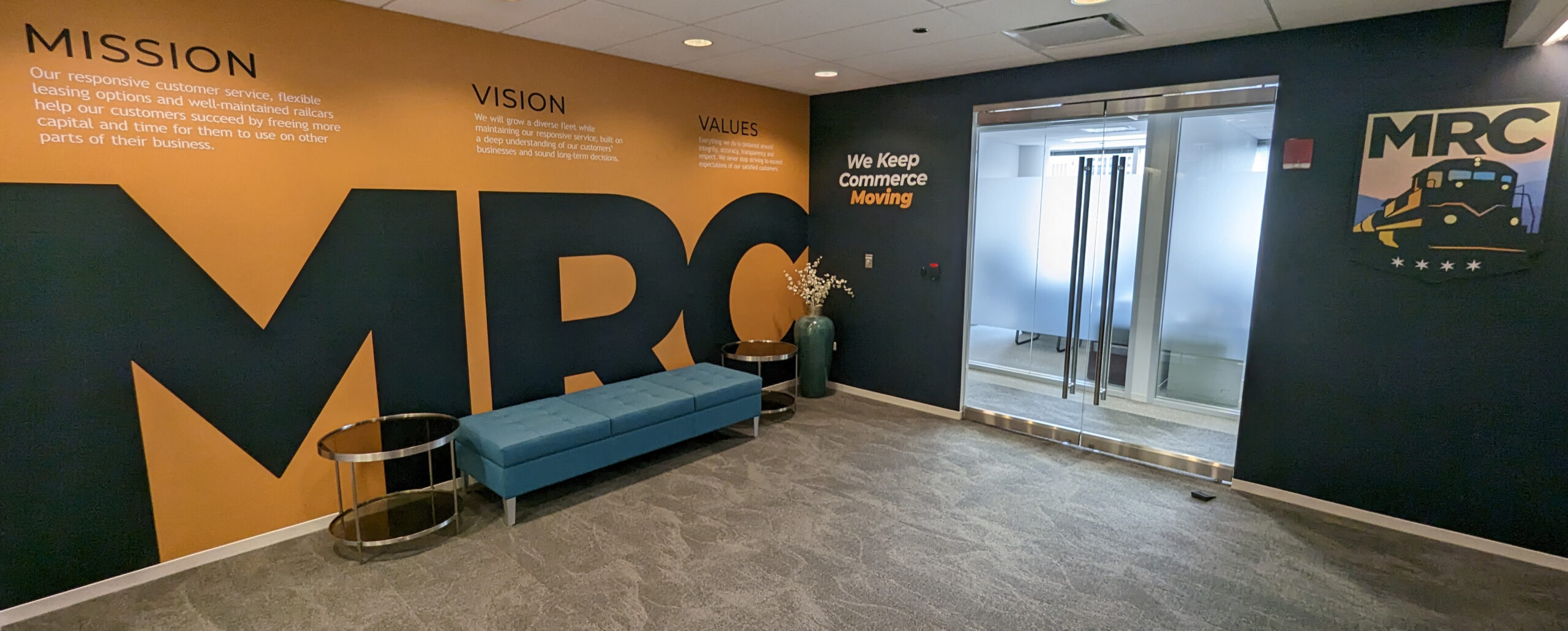



























Our responsive customer service, flexible leasing options and well-maintained railcars help our customers succeed by freeing more capital and time for them to use on other parts of their business.
We will grow a diverse fleet while maintaining our responsive service, built on a deep understanding of our customers’ businesses and sound long-term decisions.
Everything we do is centered around integrity, accuracy, transparency and respect. We never stop striving to exceed expectations of our satisfied customers.

Since 1996, we’ve believed in treating our clients – and our employees – the right way. That’s how we develop relationships that keep us performing at a high level and exceed expectations for our customers and stakeholders.
Rail shipping is a staple of American business. There are countless parties involved with maintaining a healthy economy and we believe we play an important role: keep your business humming by providing diverse railcar options, flexible financial options and a comprehensive understanding of your needs. We’ll handle the rail shipping aspects of your business – and keep you moving.
As environmental standards and fuel costs have increased, rail transportation has become a more important part of today’s supply chain. Rail transportation is now the obvious environmentally responsible choice.
A gallon of diesel fuel moves one ton of freight an average of 406 miles by rail – three times more fuel-efficient than trucks. That means less costs, greenhouse gas emissions and pollution.
Moving more freight by rail also reduces traffic congestion, improving air quality and automobile fuel efficiency. For example, a single intermodal train can take 280 trucks (equal to 1,100 cars) off congested highways. Trains carrying other types of freight can take up to 500 trucks off the road. It’s estimated that switching 85% of long-haul trucking to rail could reduce U.S. oil consumption by almost 12% and total U.S. emissions by about 4%.
